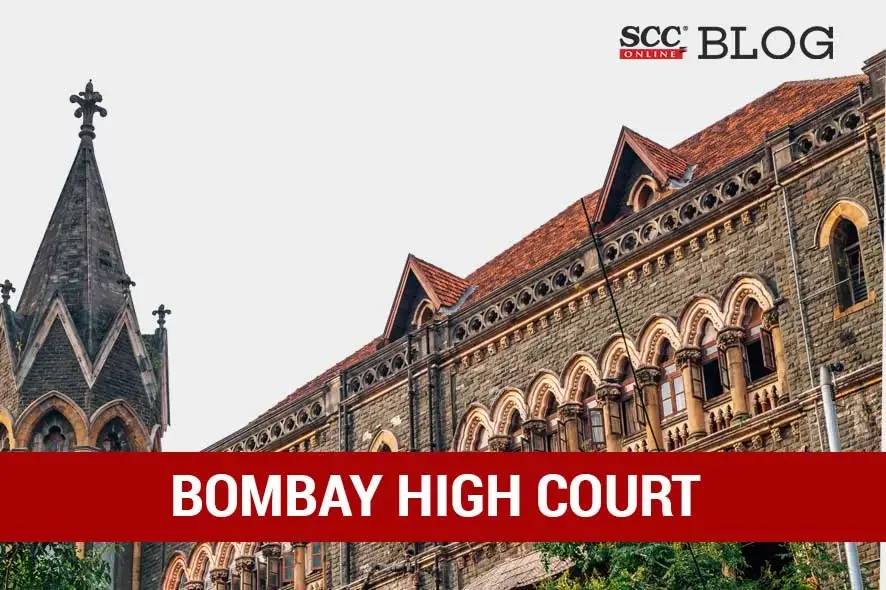Bombay High Court: In a first appeal preferred by New India Assurance Company under Section 173 of Motor Vehicles Act, 1988 (‘MV Act’) against judgment and award passed by Motor Accident Claims Tribunal, Pune (‘MACT’) on 20-08-2019, primarily on the ground that MACT erred in considering the deceased’s income tax return (‘IT return’) filed after his death, Abhay Ahuja, J. dismissed the same.
The respondents/claimants in the instant matter were the wife and children of the deceased. On 13-04-2015, the deceased was travelling with his friend in his friend’s Car insured with New India Assurance Company, when the driver lost control over the vehicle, crossed the divider and dashed into another car coming from the opposite direction. The deceased sustained multiple injuries in that accident and eventually succumbed to death. MACT conclude that the claimants had proved that the deceased died due to rash and negligent driving of the driver of the insured vehicle and awarded compensation of Rs.25,98,760 with an interest @8% p.a.
New India Assurance Company did not challenge the facts, but the quantum of compensation awarded to the claimants saying that there was nothing to substantiate the deceased’s fixed income. The Court perused the impugned judgment and confined to the discussion over income through IT returns of the deceased.
The Court observed that there was no dispute regarding the death of the deceased due to negligence on part of the driver of the offending vehicle in the said accident. The IT returns of the deceased produced before MACT were of 2013-14 and 2014-15 and MACT computed the average income of both the years for the purpose of compensation.
The New India Assurance Company argued that IT returns of 2014-15 could not be considered because it was filed after the deceased’s death, while the Court regarded the same as a ‘misconceived interpretation’. The Court explained that the deceased died on 13-04-2015 and the period covered by the said IT return commenced on 1-04-2014 and ended on 31-03-2015 filed in the assessment year. Hence, the previous year had to be 2014-15 and the year prior to that was 2013-14. The Court upheld MACT’s consideration of average of income of two years in coming to the decided figure of Rs 1,85,625.
The Court relied on Malarvizhi v. United India Insurance Co. Ltd., (2020) 4 SCC 228 wherein, the Supreme Court approved the practice of determining income based on IT returns holding the same as a statutory document which may be relied upon. In Rukmini Jethani v. Gopal Singh, 2021 ACJ 2683, the Court observed that the Tribunal committed an error in not considering the IT return filed on behalf of the deceased for financial year 2004-05, while the deceased died on 14-09-2005.
The Court agreed with MACT that once the deceased’s income was decided at Rs.1,85,625 p.a., the compensation could be computed in accordance with principles settled in decisions of Court in National Insurance Co. Ltd. v. Pranay Sethi, (2017) 16 SCC 680 and Sarla Verma v. DTC, (2009) 6 SCC 121. It further supported the calculations towards future prospects, deduction on account of personal expenses, the multiplier of 15 considering the deceased’s age being 38 years at the time of his death, amounts towards consortium, loss of estate and funeral expenses for having been correctly computed by MACT totaling to Rs.25,98,760 with an interest @8% p.a.
The Court did not find any error/illegality/perversity in the findings and decision of MACT and dismissed the instant appeal.
[New India Assurance Company v. Kavita Jitendra Pawar, 2023 SCC OnLine Bom 1494, decided on 25-07-2023]
Advocates who appeared in this case :
For Appellant: Advocate Poonam Mital;
For Respondents: Advocate Rohan Mahadik, Advocate Rachana Karad.



